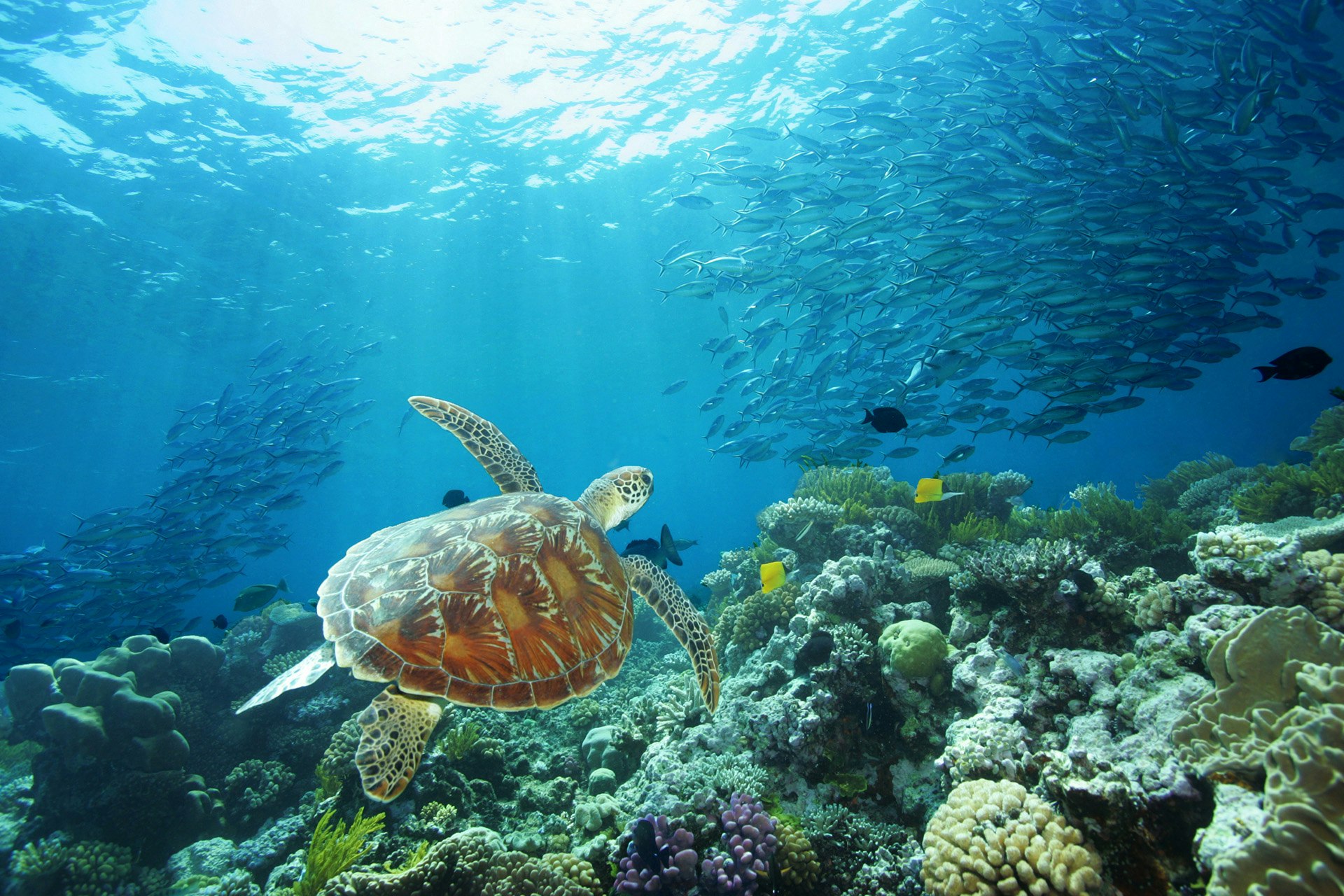

The Whitsundays and the Great Barrier Reef truly are one of the natural wonders of the world. Dramatic coral reefs, sub tropical forests, a rich cultural history and diverse wildlife have made the Whitsunday Islands their home for thousands of years. Exploring this unique world both above and below the water is an incredible experience. As a leading tourism operator, it is our responsibility to set a standard for protecting this fragile environment. Below are some of our environmental practices.
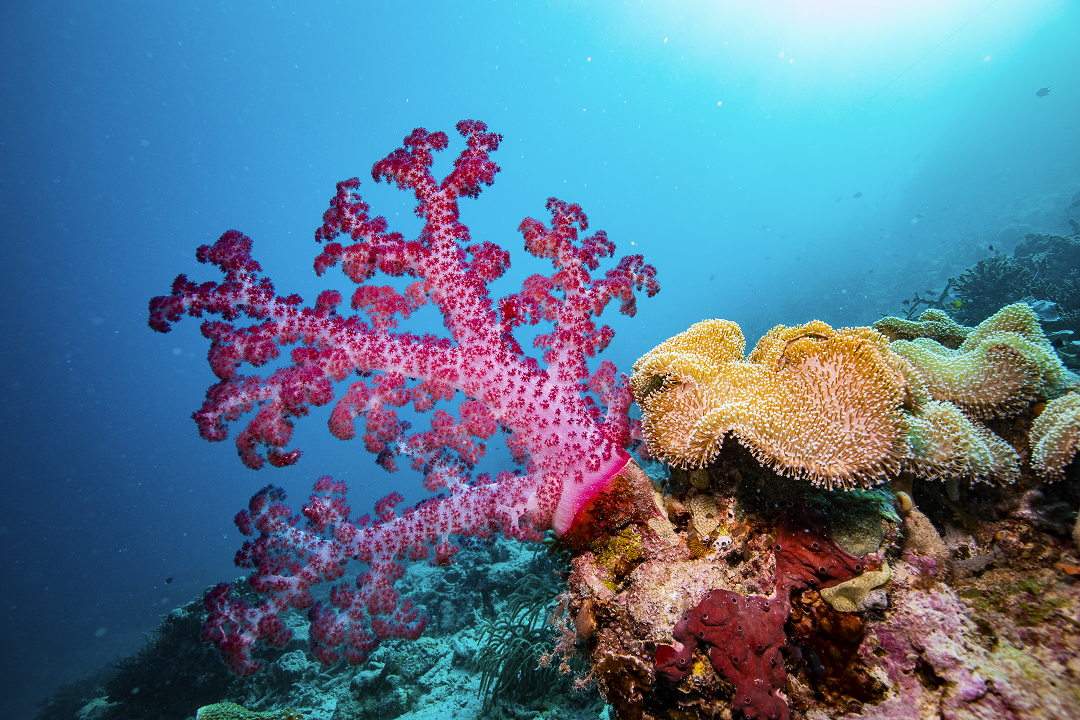
Cruise Whitsundays has Advanced Eco Certification for Camira Sailing Adventure, Great Barrier Reef Adventures, Reefsleep and the Whitehaven Beach Day Cruises. This globally recognised certificate is only given to Australia’s leading and most innovative ecotourism products. We are committed to achieving best practice, using resources wisely, contributing to the conservation of the environment and helping local communities.
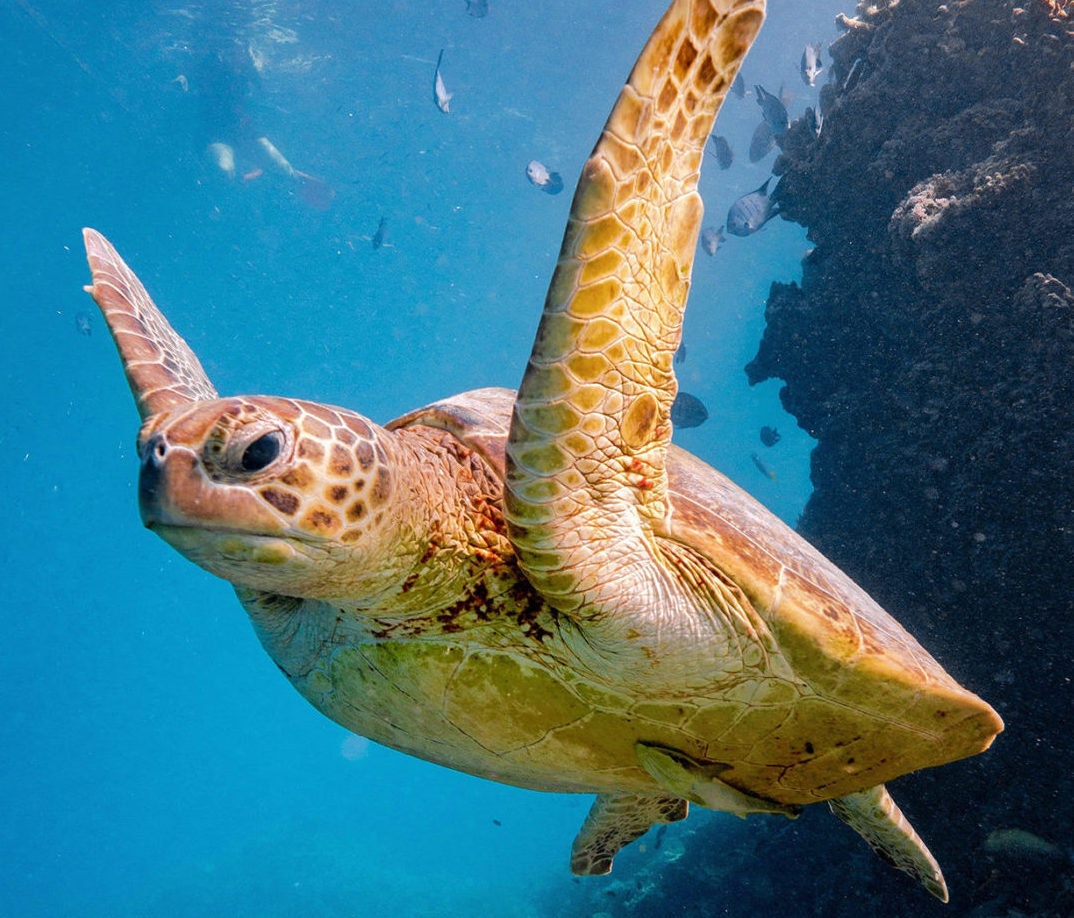
We’re certified through Ecotourism Australia’s world-leading
ecotourism certification program.
This means that when you travel with us, you are supporting a business that is backed by a strong, well-managed commitment to sustainable practices and provides high-quality nature-based tourism experiences.
Our certification demonstrates our commitment to:
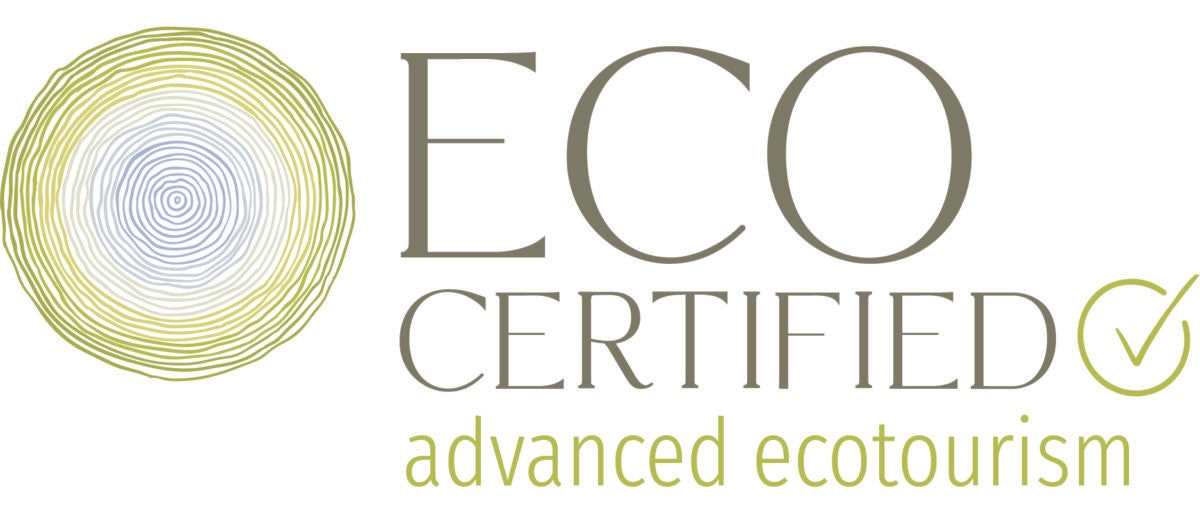
Cruise Whitsundays is a proud partner of Eco Barge Clean Seas, a local not for profit environmental organisation that was established in the Whitsundays region to protect our precious marine life and aquatic environment. Eco Barge has a number of initiatives, with many opportunities for volunteers, sponsors and supporters to become involved:
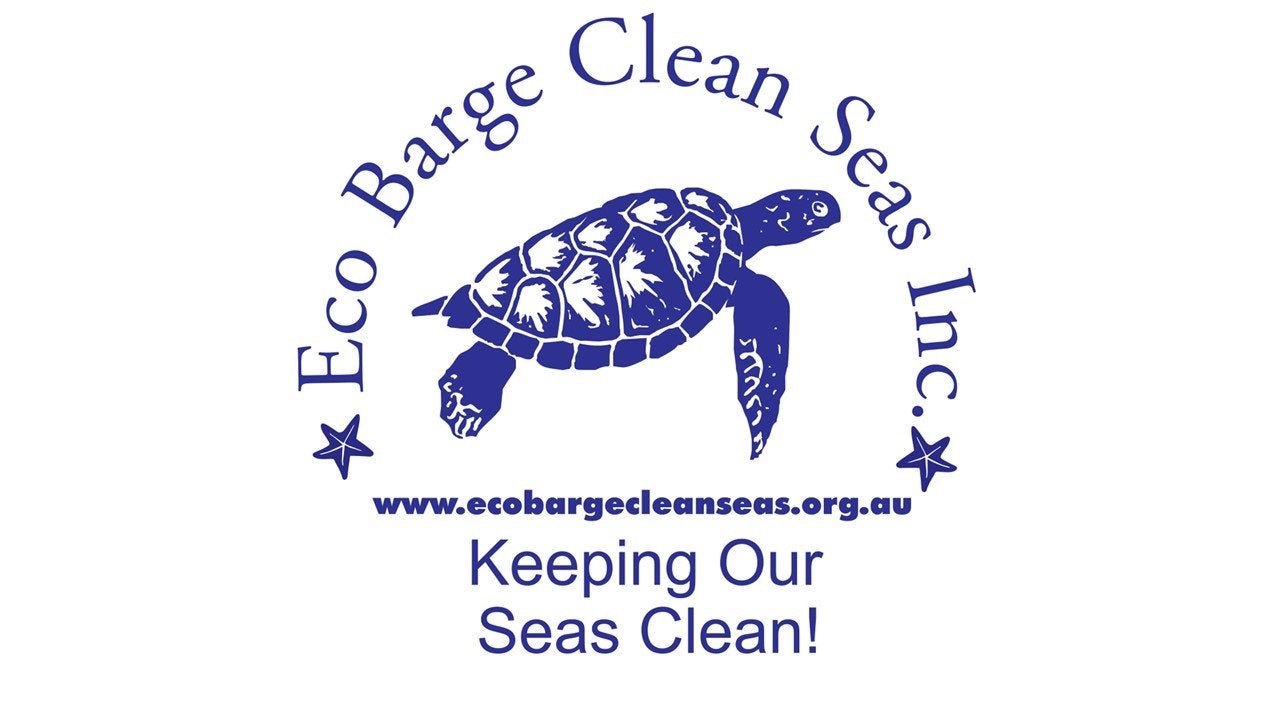
At Cruise Whitsundays, we are dedicated to making a positive impact on the environment. Our commitment to sustainability drives every aspect of our operations.
We utilize a comprehensive environmental bench marking process using Earth Check, to monitor and measure our environmental performance.
Through rigorous environmental bench marking and conscious decision-making, we are proud to share our progress towards a greener and more sustainable future.

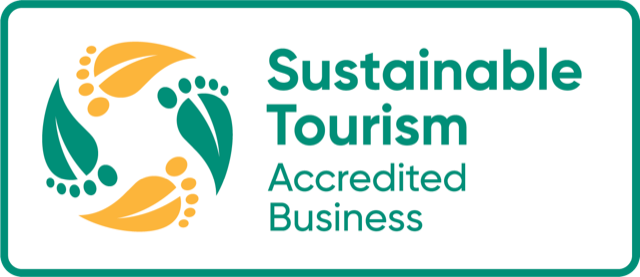
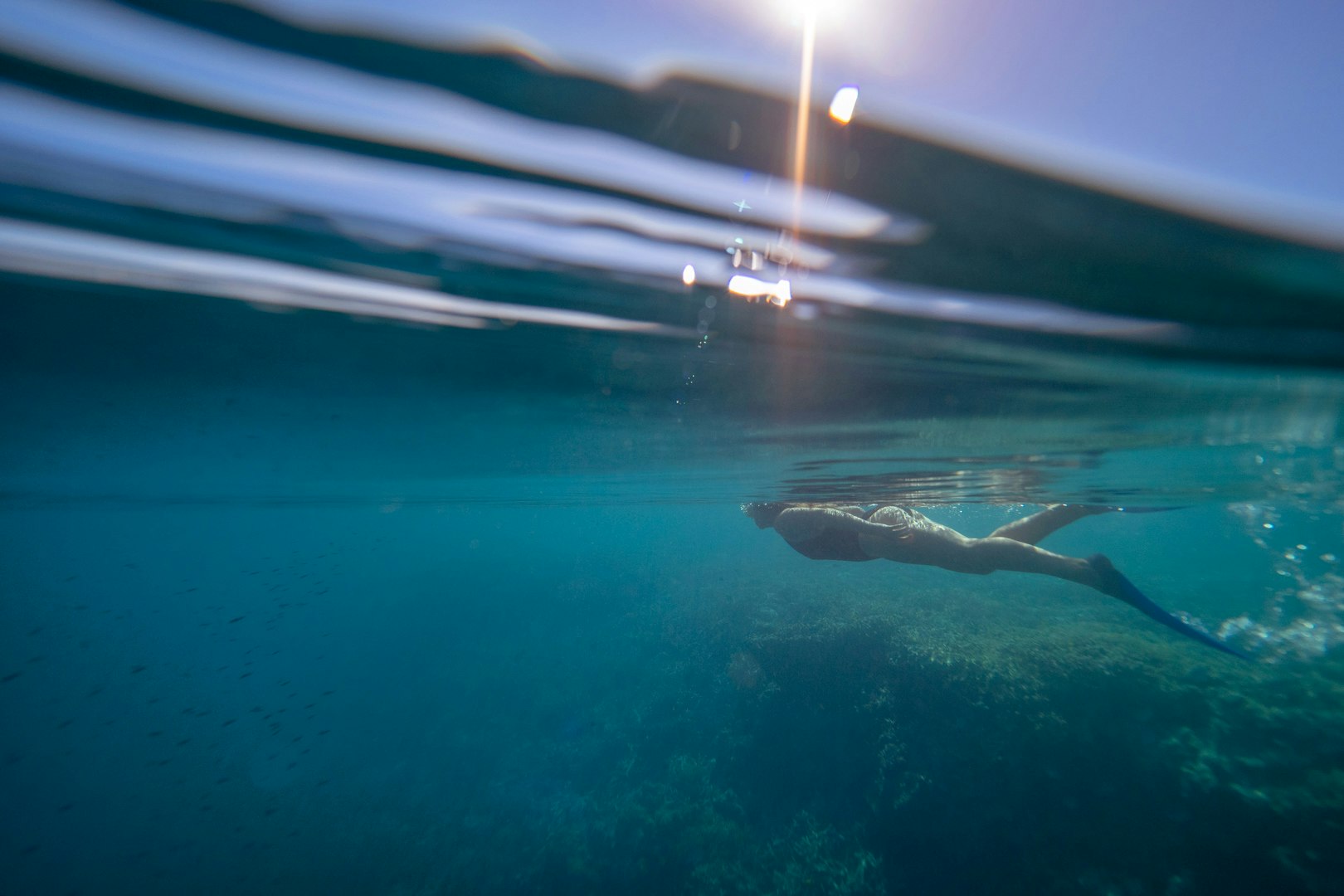
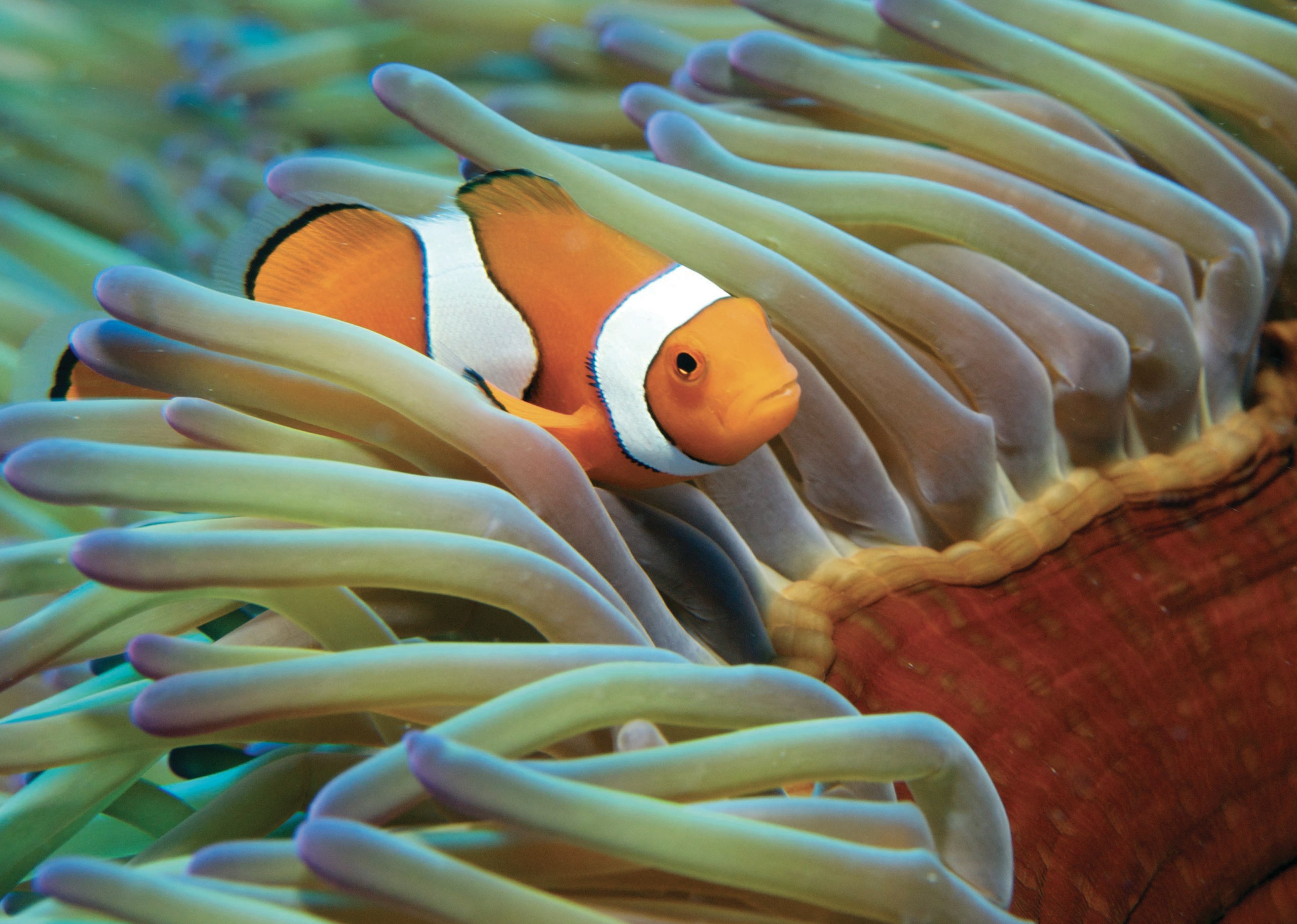
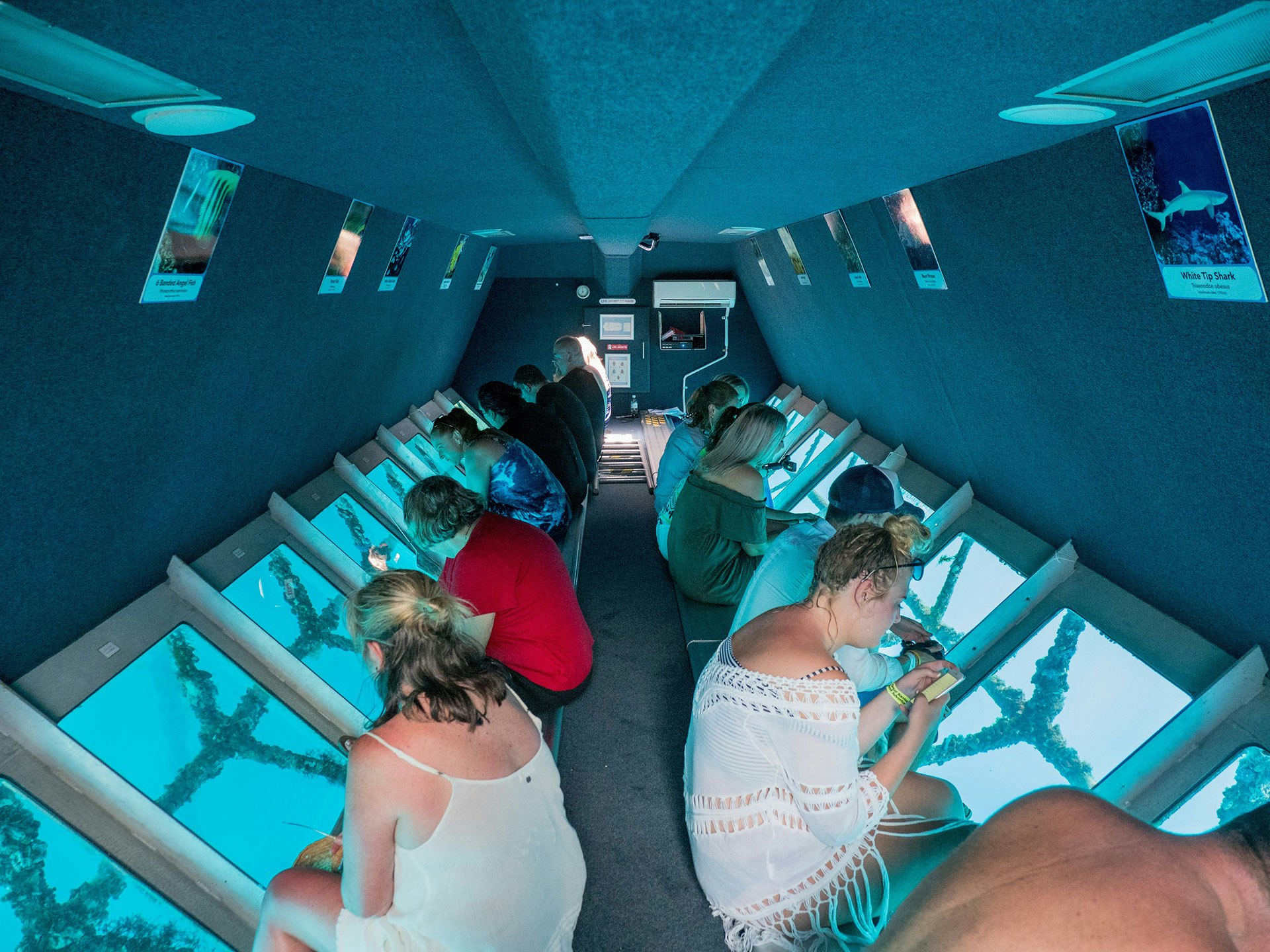
Some of our tours include a hike or walking trail, with a Tour Guide. We encourage and educate our guests to conserve the environment for future generations to enjoy.
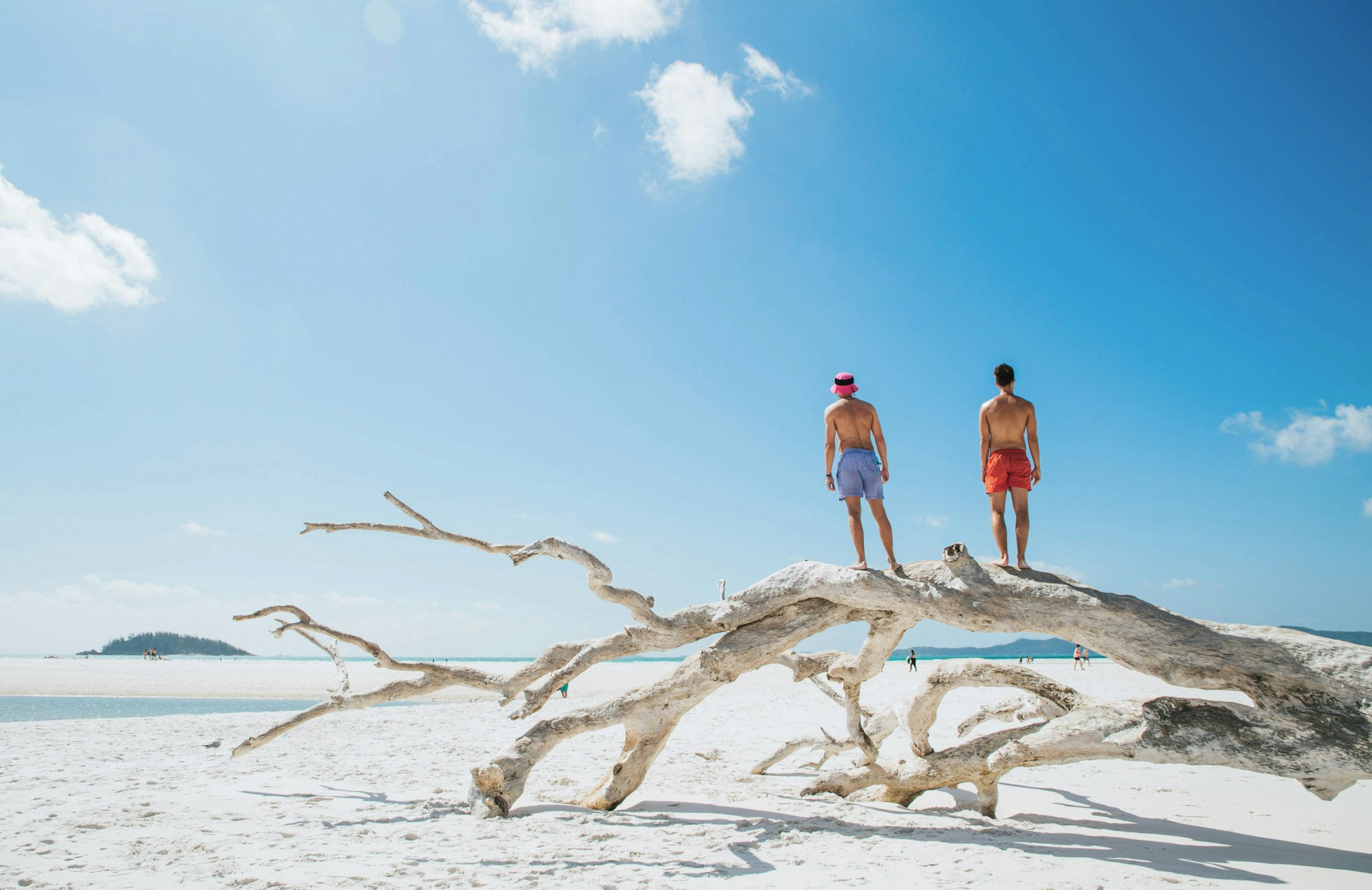
When you’re visiting the Great Barrier Reef and Whitsundays:
Ideas that you can try at home include:
For more information and ideas on helping the environment, the following may be of interest:
Reef ED has some great videos explaining what causes climate change and what happens.
World Wildlife Fund have a carbon footprint calculator.
Read Great Barrier Reef Marine Park Authority’s information on climate change.
Read Cruise Whitsundays Environmental Policy here